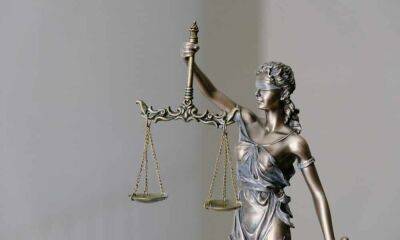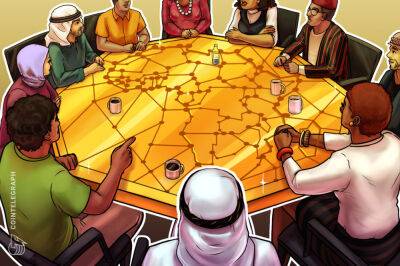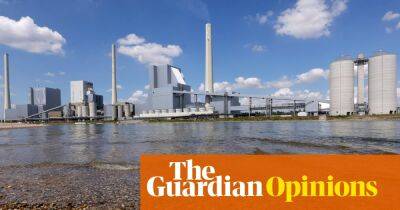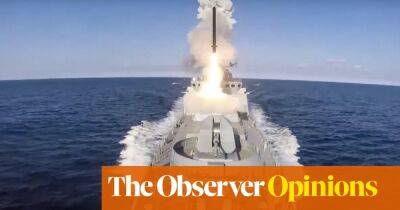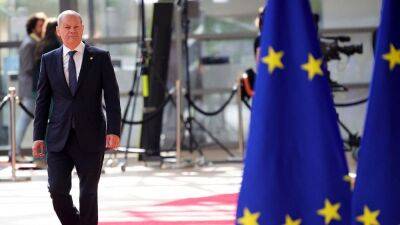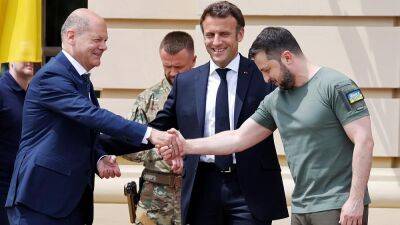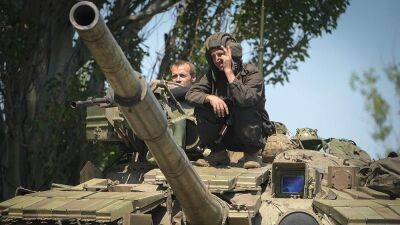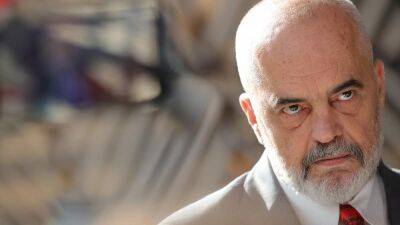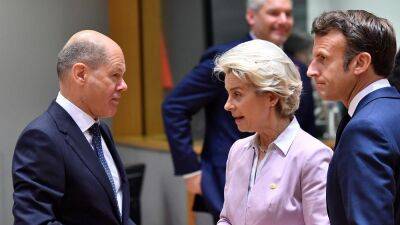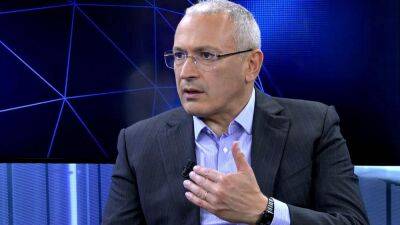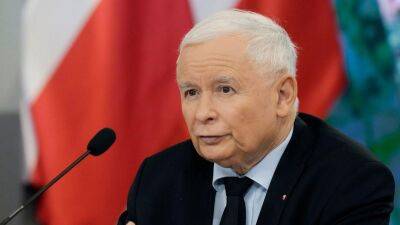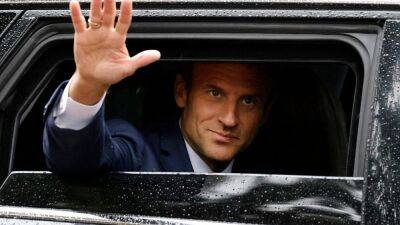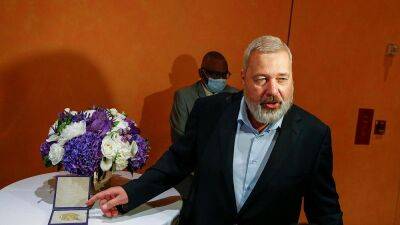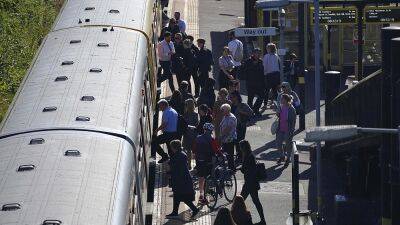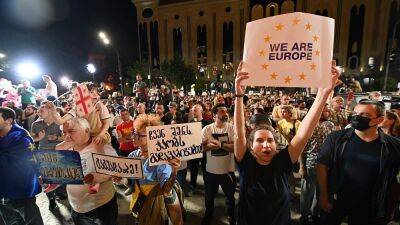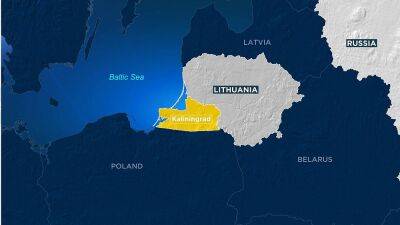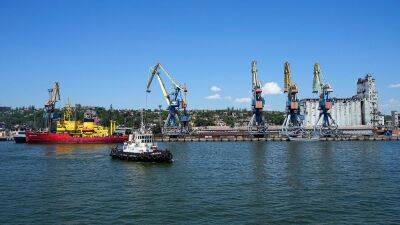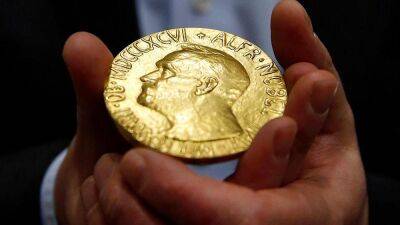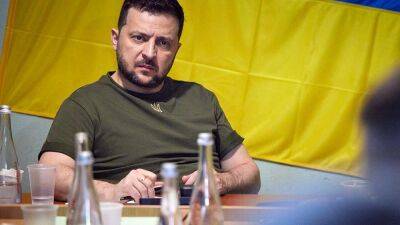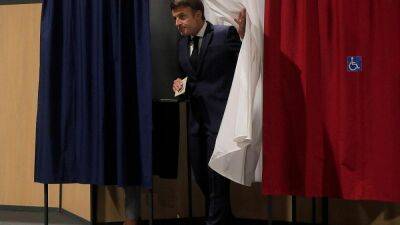EU countries set to endorse Ukraine as a candidate to join the bloc
EU leaders are widely expected to endorse Ukraine as a candidate country to join the European Union.
While mostly symbolic, the status represents a stunning geopolitical victory for the war-torn country, who until earlier this year was never considered a serious contender to enter the 27-strong bloc. It is also seen as a rebuttal to Russia's coercive attempt to reinstate its lost sphere of influence.
It's set to materialise in a two-day summit in Brussels, where the war, the food crisis, soaring inflation and Europe's security architecture are set to top the agenda.
The high-level meeting comes a week after a joint trip to Kyiv by German Chancellor Olaf Scholz, French President Emmanuel Macron and Italian Prime Minister Mario Draghi. The three leaders, speaking on behalf of the EU's three largest economies, delivered an unmistakable "yes" to granting the candidate status.
The following day, the European Commission published a positive opinion on Ukraine's application, while putting forward a series of reforms and measures the country needs to adopt by the end of this year, including in the fields of corruption, money laundering and media freedom.
The two factors prompted a flurry of public support for Ukraine's bid. Countries that were until then considered sceptical about granting candidate status, like Denmark, the Netherlands and Portugal, confirmed their intention to back the move, all but sealing the deal.
The EU's accession process depends on the unanimity of all member states.
A meeting of EU ambassadors earlier this week revealed no opposition to the move. Clément Beaune, France's minister for European affairs, said there was "total consensus" to grant candidate status.
Leaders are also expected to endorse Moldova as a
Read more on euronews.com

